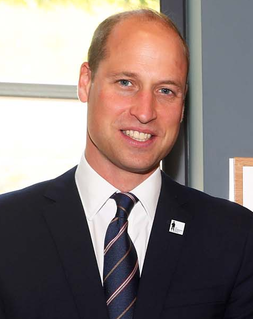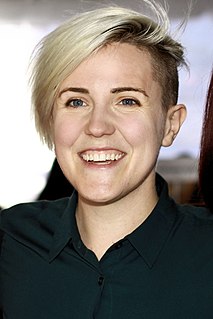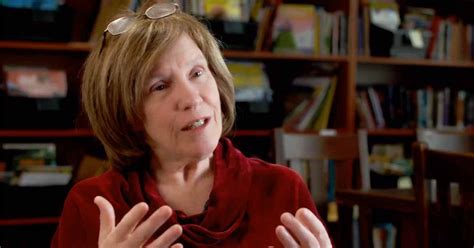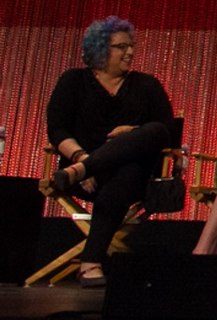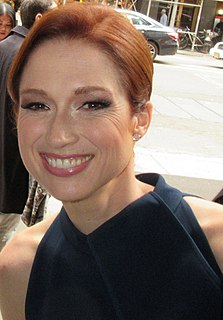A Quote by Donald Miller
I took William Zinsser's advice that you write to yourself and you hope that there are people out there who are like you.
Related Quotes
There's no such thing as advice to the lovelorn. If they took advice, they wouldn't be lovelorn. You see, advice and lovelorn don't go together. Because advice makes love sound like some sort of cognitive activity, but we know that it isn't. We all know that it's some sort of horrible chemical reaction over which we have absolutely no control. And that's why advice doesn't work.
Part of therapy is the hope. You need to feel like there's hope, warmth and happiness somewhere in there otherwise you'll be more lost than you were to begin with. Part of the therapy is just diving in, embracing what you're feeling and try to understand why it's there. But also, knowing that you need to be kind to yourself. That's the biggest piece of advice I give to people that suffer from anxiety too.
Back in the 1970s, I ate a high-protein diet to get bigger and stronger. As a senior at Utah State, I weighed 218 pounds with eight percent body fat, and threw the discus over 190 feet. Then I got some advice from the people at the Olympic Training Center. I needed carbs, they advised, and lots of them. They pointed to studies done on the American distance runners. Being an idiot, I took the advice to eat like emaciated, over-trained sub-performers. It took years of high carbohydrate grazing to learn the evils of this advice.
For us, being a label, we took out the whole aspect of the business that goes into sifting through people who don't care, who don't get what you're trying to do. We can just hire and work with people who get it - the people who understand what this project is about. When you're on a label, you're just hoping somebody will stick their neck out and work for you. Most bands are just like, "I hope they do it. I hope they promote it." But being a label, we know exactly what's happening.


